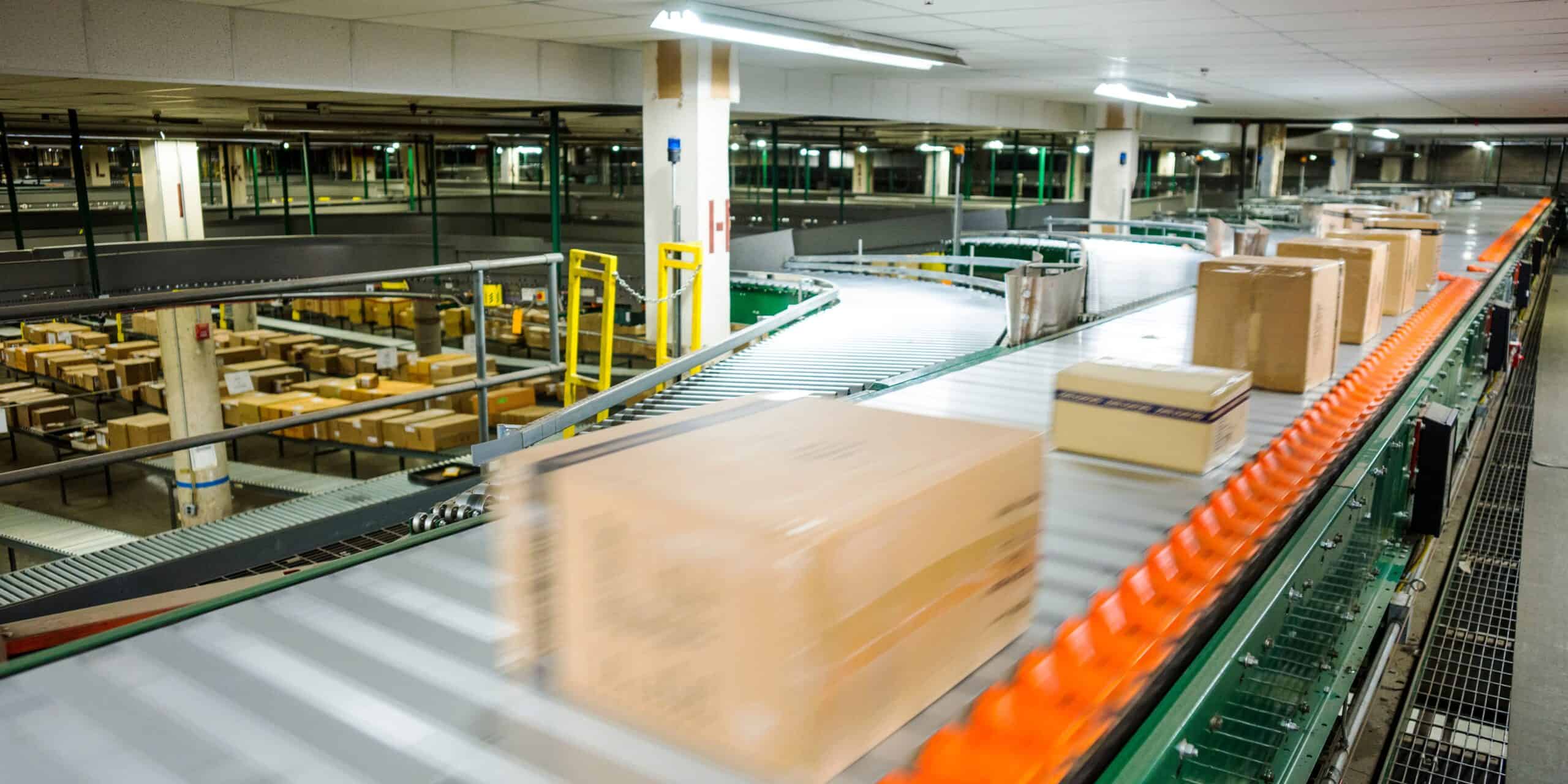Small businesses rely on e-commerce tools to improve efficiency and customer satisfaction. Shipping tools for e-commerce can save valuable time and resources so you have more time to focus on the products and customers. Common shipping tools include a customer management system (CMS), mobile apps, shipment tracking and integrated accounting systems.
Businesses of all sizes can reduce workload and the hassle of manually transferring information with inexpensive, intuitive e-commerce shipping tools. If you’re ready to streamline shipping processes in 2023 and beyond, read on for some of the best shipping tools.
What are shipping tools?
Shipping tools offer the features and services customers have come to expect from businesses of all sizes: tracking, text alerts and an app. Premium services can help improve business efficiency and back-office operations. These include a CMS, accounting support, shipping estimates and a message center. Taken together, shipping tools can offer a comprehensive suite of tools that can increase customer satisfaction and help keep a business running smoothly.
The cost of e-commerce shipping tools compared to labor hours make it important for saving both time and money, especially in the case of small businesses where each employee wears many hats.
Why are shipping tools important?
These days, having a great product isn’t enough to succeed in e-commerce. You also need to offer an exceptional customer experience from order through final delivery while proactively addressing any issues.
Shipping tools like apps, tracking, text alerts and message centers are important to help keep customers in the know, so they can feel confident that their shipments are safe. These tools provide a professional customer interface that can help your business deliver greater value.
7 top shipping tools to support your business
If you’re ready to start building shipping tools to support your business, the following tools are the foundation for exceptional customer service and business growth.
Mobile app
Mobile apps easily help your customers stay on top of their quotes, bookings and status updates. Building a customized mobile app can be expensive, but small businesses can take advantage of the many shipping service providers that allow customization within their mobile apps. In-app customization is a popular strategy also used by large companies.
Shipment tracking
Another essential shipping tool is shipment tracking. While shipment tracking used to be a premium service, these days customers expect it on all shipments. With shipment tracking tools, transporters turn on their mobile phones’ location services so both you and customers can track approximate locations, either via direct, real-time updates or a mobile app.
Text alerts
Like shipment tracking, text alerts keep customers informed with shipment updates, such as arrival times and delays. In case of large or valuable shipments, this process ensures customers are at the location to receive the location. Text alerts are another premium service that’s quickly becoming the industry standard. While some may opt out of text alerts, the capability is important to many customers.
Message centers
A message center allows for all communication between all parties involved in shipment handling in one place. While this is convenient for both clients and carriers, it serves an even more valuable purpose for your business: communication consolidation in a single database. This feature enables easy searching and tracking for easier follow up on service issues.
Automated shipping solutions
Automated shipping solutions help businesses create a more efficient shipping process. You don’t want to pay someone on your team to cut and paste customer information from one application to another. Automated shipping solutions import customer details directly to generate address labels and bills of lading. This process reduces errors and cuts down on costs.
Customer management system
Having a CMS that records things like customers’ names, shipping addresses and billing info keeps information systematically organized and searchable. A reliable CMS ensures that nothing falls between the cracks. It also provides an opportunity to organize bookkeeping, billing and accounts receivable to streamline accounting systems.
A CMS will also allow you to keep a record of customer service issues and flag clients who require special attention or premium service.
Accounting system integration
Related to a CMS, an accounting system integration can save hundreds of hours required to manually transfer data from system to systemand reduces the risk of human error. With an accounting system, you can track customer payments and see your cost versus their cost to better understand your profit margins. You can also run projections, check the break-even point on each product and the business as a whole, as well as analyze data to spotlight further financial opportunities.
Final thoughts on shipping tools
From the basics like shipment tracking to more sophisticated solutions like customized mobile apps, a CMS and accounting system integration, e-commerce shipping solutions can help businesses of all sizes streamline operations and deliver greater value. If you’re looking to drive growth in the next year, shipping tools can save both time and money. By cutting costs and improving efficiency, shipping tools can help businesses focus on providing greater value to customers and locating new market opportunities.
FAQ
In e-commerce shipping, businesses look at complete shipping solutions from receiving orders to processing, packing, printing labels, shipping, tracking and delivery. Shipping solutions may also include e-commerce solutions like a CMS, accounting system integration and premium customer service features like a message center.
KPI stands for key performance indicators. This metric measures the performance of shipment processes and supply chain metrics to better understand how internal processes throughout the supply chain are functioning.
Automation in the shipping industry is the process through which orders are automatically connected to an automated shipping solution that will print address labels and bills of sale. Automated shipping is connected to a company’s preferred shipping method to automatically integrate shipping costs or prepare a package for shipping.



